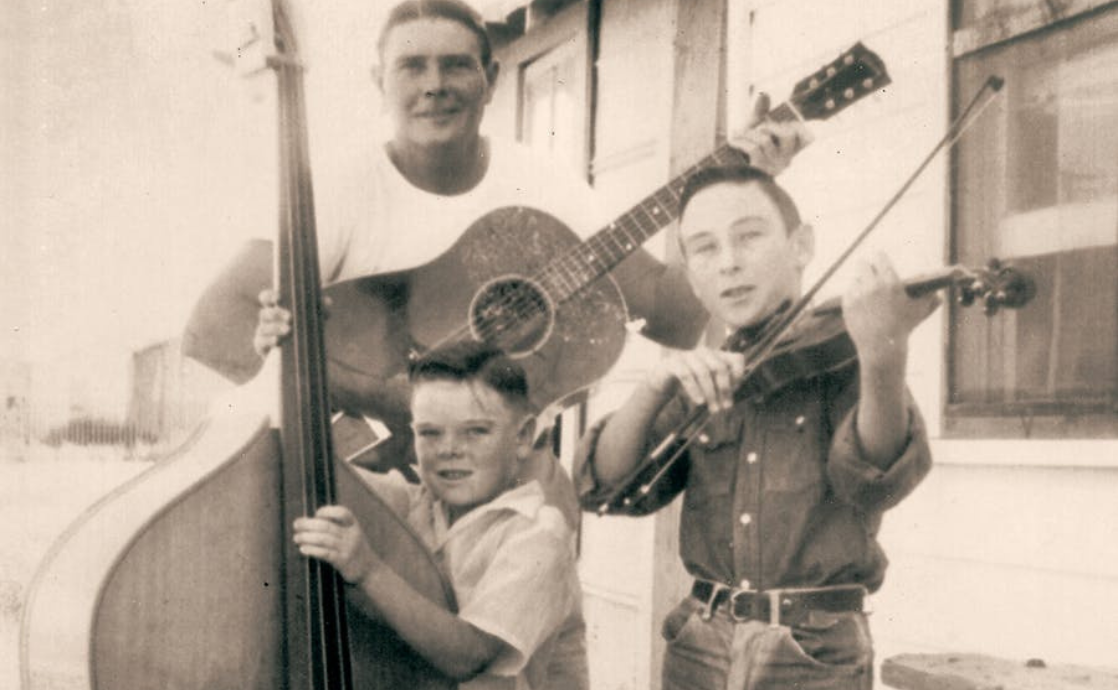In the exploration of the Bahá’í teachings, the honoring of individuals as they transition to the next world holds profound significance. The passing of notable figures often ignites a communal tapestry of reflection and reverence among followers. One such individual who has elicited a deep sense of contemplation and respect is Jimmy Seals. His journey to the next world embodies principles foundational to the Bahá’í faith, merging personal legacy with collective aspirations for spiritual transcendence.
Firstly, an examination of the Bahá’í perspective on life after death is essential to contextualize the emotional and spiritual resonance surrounding Seals’ transition. In Bahá’í theology, death is not regarded as a period of perdition but rather an evolution of existence. The soul, an eternal entity, embarks on a journey after physical demise, progressing toward the divine. This belief encourages adherents to cultivate their virtues and prepare for an eventual reunion with their Creator. Consequently, during commemorative gatherings such as those honoring Jimmy Seals, the Bahá’í community collectively acknowledges this transformative journey, fostering a sense of continuity and purpose.
The nature of Seals’ contributions to society also plays a pivotal role in the communal honoring process. An examination of his life reveals a commitment to service, social justice, and unity—principles deeply embedded in the Bahá’í teachings. His dedication to uplifting humanity serves not only as an inspiration but as an embodiment of the very values that the Bahá’í faith espouses. By reflecting on his life, community members can engage in a broader discourse about the importance of living out these tenets. The act of honoring becomes a dual process: a celebration of Seals’ legacy and a personal call to action striving toward the ideals he exemplified.
Furthermore, the resultant commemoration from his passing often manifests in various forms, each resonating with the overarching Bahá’í emphasis on community and collective responsibility. From candlelight vigils to discussions highlighting Seals’ contributions, these activities function as an integral part of the mourning process. They create spaces for emotional expression, where individuals grapple with the grief associated with loss while redirecting their focus toward the virtues that the departed illuminated in life.
Beyond personal sorrow, these gatherings also serve as a venue for community bonding. It reflects an essential aspect of Bahá’í teachings—the idea that humanity is interconnected and that the grief of one is shared by all. In this light, the observance of Jimmy Seals’ transition becomes a catalyst for collective unity, fostering dialogue about improvement and growth. By commemorating his pursuits, community members engage in shared narratives that transcend individuality to invoke a collective awakening.
Moreover, the fascination surrounding the honoring of figures like Seals speaks to an intrinsic human inclination to seek meaning in loss. The contemplation of death often prompts individuals to reevaluate their own lives, values, and aspirations. In this context, Seals’ honoring transcends mere nostalgia; it serves as a profound reminder of mortality and the impermanence of life. Engaging with the memories and ideals of such figures allows individuals to articulate their legacies, igniting a reflective process that encourages deeper spiritual inquiry.
The Bahá’í teachings espouse the significance of memory as a means of preserving the virtues of those who have crossed over into the next world. This practice underscores the importance of storytelling and historical narrative within the faith. As adherents recount the life experiences of esteemed figures like Seals, they contribute to a collective history that serves as a source of inspiration for future generations. It ensures that the ideals purveyed during their lifetimes continue to imbue contemporary spiritual pursuits.
In the modern nuancing of death and memory within the Bahá’í community, one observes a genuine desire to honor and integrate the values of the departed into everyday life. This integration manifests through community service projects, artistic expressions inspired by the individual’s legacy, or even the continued advocacy for the principles they stood for. Such actions reflect an understanding that the essence of a person remains alive through the continuation of their vision and contributions.
In conclusion, the act of honoring Jimmy Seals as he makes his way to the next world encapsulates fundamental Bahá’í teachings. It navigates the complexities of grief, legacy, and communal responsibility, all while fostering a deep-rooted appreciation for the virtues of service and justice. This phenomenon exemplifies a collective journey toward spiritual elevation and unity, urging individuals to transcend the sorrow of loss into a celebration of growth and hope. Ultimately, gatherings that honor Seals and others who have preceded him invite the Bahá’í community to resonate with the profound purpose of life and the interconnectedness of all souls.
